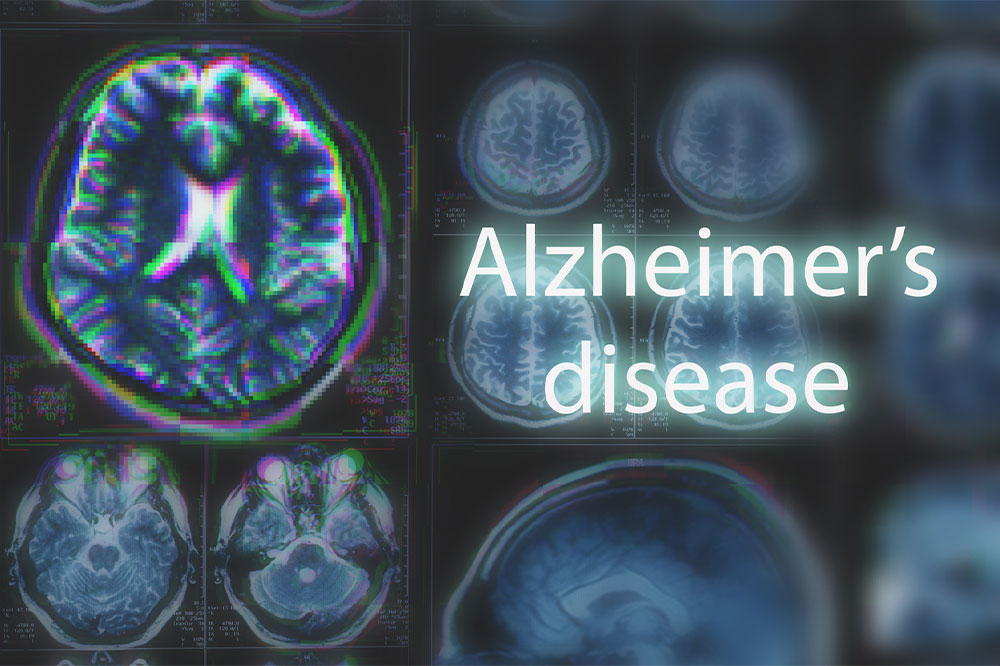Recognizing Early Signs and Stages of Dementia
This article covers the key symptoms and stages of dementia, emphasizing the importance of early diagnosis. It details the differences between mild, moderate, and severe dementia, highlighting the need for timely intervention to improve quality of life. Understanding these signs aids caregivers and healthcare providers in managing this progressive condition effectively.
Sponsored

As people age, their risk of developing various mental health issues increases. Dementia is a complex condition primarily affecting seniors, characterized by declining memory, coordination, and mental functions. It manifests differently in each individual, with some experiencing rapid decline and others enduring gradual changes over years. Although there is no cure, early detection can help manage symptoms and improve quality of life. Dementia includes types like Alzheimer’s, Lewy bodies, vascular dementia, Parkinson’s disease, frontotemporal dementia, and mixed dementia.
Key symptoms in various stages include:
Forgetfulness of recent events or objects
Difficulty finding the right words
Reduced problem-solving ability
Withdrawal from social activities
Mild cognitive impairment: In initial stages, individuals may function independently but experience:
Memory lapses
Trouble recalling names or words
Fatigue and reduced interest
Preferences to stay isolated
Moderate dementia: As it progresses, patients often need help with daily tasks, showing:
Poor judgment
Confusion and disorientation
Loss of long-term memories
Motor skill difficulties
Neglect in personal care
Severe dementia: Individuals become entirely dependent, with symptoms such as:
Inability to communicate or dress
Difficulty eating independently
Vulnerability to infections
Loss of physical mobility
Incontinence and loss of bodily control
Early diagnosis is crucial for treatment options and planning future care. While dementia cannot be cured, timely medical intervention can slow progression and enhance well-being. Patients in early stages may also participate in clinical trials which could offer additional benefits.






